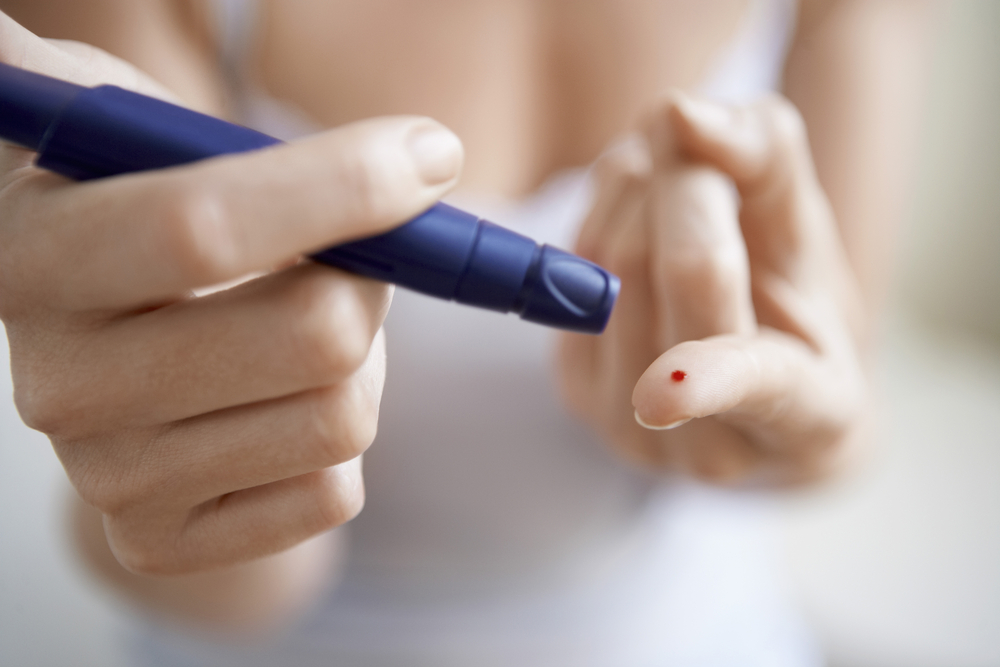Pancreatic Transplant Offers Hope for Diabetes Cure
For those living with Type 1 diabetes, their treatment regimen dictates how they live their life. As the patient’s pancreas doesn’t make insulin correctly – and insulin is imperative in blood sugar control – patients must be subjected to multiple daily injections, or wear an insulin pump. Necessary monitoring of glucose levels around every mealtime requires diligence, time and effort to thwart the risk of a dangerous high or low blood glucose level.
With so much strain on the renal system, diabetes is the leading cause of chronic kidney failure. To compound their illness, patients with Type 1 diabetes in kidney failure rely on frequent dialysis treatments to survive. A kidney transplant is an option as well, with the new organ coming from either a living or deceased donor. If a candidate does not have a family member to donate, they will be placed on the organ donor list.
According to an article in U.S. News and World Report, there is new hope for treatment for those with severe diabetes. Currently, some Type 1 patients also undergo a pancreas transplant during or after the kidney procedure. A pancreas transplant can cure diabetes altogether, as the new organ will manufacture its own insulin and regulate blood glucose. However, like any transplant, there are major risks of infection and rejection; although to many diabetes patients, trading in their daily injections for an oral drug is a welcome trade-off.
Dr. Betul Hatipoglu, an endocrinologist at the Cleveland Clinic, has the responsibility of determining good candidates for transplants. If a person with diabetes requires a new kidney to survive, Dr. Hatipoglu sees a window of opportunity to eliminate the disease completely – with a double transplant.
“If they have kidney failure and they are going for the kidney transplant, I strongly feel they should be evaluated for a pancreas transplant as well, because they will benefit. The risk for those patients, in general, still remains the same, because they are exposed to immunosuppressive drugs anyway (with kidney transplant). Why not give them the opportunity to get a pancreas transplant?” Hatipolgu says.
“When it comes to pancreatic transplant alone, that is a little more delicate group of patients. You are also giving them immunosuppressive drugs for the rest of their lives, and you have to weigh the benefits and risk more carefully than with someone who is going for kidney transplant anyway.”
Pancreas transplants are not recommended for otherwise healthy patients with proper control of their disease. Still, there are some patient for which a pancreatic transplant alone would be advantageous, and about 10 percent of patients do receive the transplant without receiving a new kidney. One scenario where this would be appropriate is when a patient experiences “hypoglycemic unawareness”, a condition by which they can no longer sense when their blood sugar is getting dangerously low, which could cause seizures, or even death if the dip occurs at night when they are sleeping. As treatments keep improving, the pendulum may swing in favor of pancreas transplants as a viable cure for diabetes.
The vast majority of pancreas transplants are combined with kidney transplants. Dr. Niraj Desai, a transplant surgeon with Johns Hopkins Comprehensive Transplant Center says pancreatic transplants are appropriate for people with normal kidney function but difficult-to-control diabetes. However, he adds that it must be determined that “the risk of a large operation and immunosuppression [with anti-rejection drugs] is warranted.” Anti-rejection drugs, which suppress the body’s immune system to prevent rejection of a transplanted organ, come with significant side effects. “You are certainly going to be more susceptible to infection,” Desai says. “And there are certain kinds of infections that are more common in transplant recipients. Certain viruses, and even in some people, fungal infections.”
Despite the risks, in general most patients fare well, with 90 percent of pancreas grafts still functioning a year later, and approximately 70 percent still successful after 5 years. And while kidney transplants save lives, pancreatic transplants completely alter them. “Patients are kind of blown away by the fact that they’re not diabetic anymore,” Desai says.
Looking forward, the ability to self-manage diabetes continues to get better. A potential breakthrough on the horizon could allow a minimally invasive option – a transplant using only the islof the pancreas, those which actually produce insulin. Contrary to major surgery, islet transplantation utilizes an intravenous drip to infuse donor islet cells into a vein in the patient’s body. Patients will still be required to follow an anti-rejection drug regimen after the procedure. While still deemed experimental, islet transplantation for diabetes is not exactly new, says Dr. James Markmann, chief of transplant surgery at Massachusetts General Hospital. “People have been working on it 20 years,” he says. “But it’s finally working in a way that we think will help patients better.” Markmann’s team is part of the Clinical Islet Transplantation Consortium, a group of international centers completing clinical trials, Markmann gives hope that a new way to cure diabetes is right around the corner.
“We hope the FDA approval will come this year,” he says.

